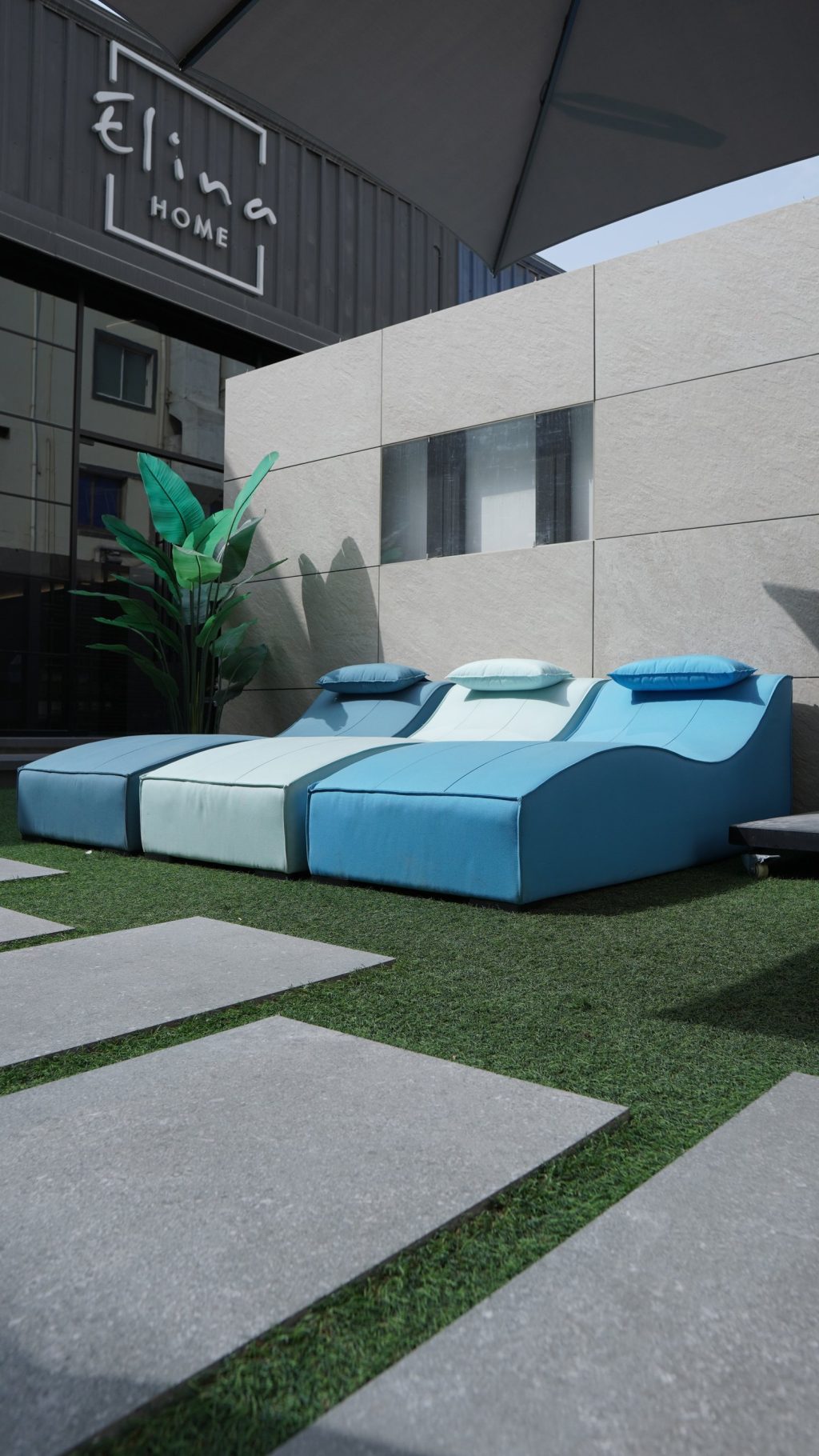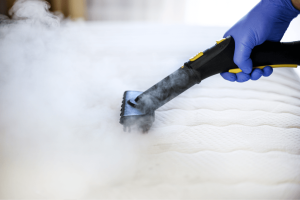How To Care For Your Garden Furniture

Maintaining your garden furniture is essential for ensuring its longevity and appearance. Exposure to the elements can take a toll on even the sturdiest pieces, but with the right care and attention, you can keep your outdoor space looking inviting year-round. Find here some practical tips on how to care for your garden furniture effectively.
Regular cleaning:
The first step in maintaining your garden furniture is regular cleaning. Dirt, dust, and debris can accumulate, leading to stains and deterioration. Use a soft cloth or sponge with mild soap and water to clean surfaces. For wooden furniture, a mixture of warm water and a gentle detergent works well. Avoid abrasive cleaners or scrubbing pads, as they can scratch the finish. Rinse thoroughly and dry with a soft towel to prevent moisture from seeping into the material.
Protect from the elements:
While many garden furniture materials are designed to withstand outdoor conditions, taking extra precautions can prolong their life. Consider using protective covers during harsh weather or when the furniture is not in use. These covers shield against rain, snow, and UV rays, reducing the risk of fading or water damage. If your furniture is made of wood, applying a weather-resistant sealant can further protect it from moisture and sun damage.
Seasonal care:
Seasonal changes can affect your garden furniture, so it’s important to adjust your care routine accordingly. In the spring, inspect your furniture for any damage that may have occurred over the winter. Repair any scratches or dents to prevent them from worsening. In the fall, clean your furniture thoroughly before storing it away for the winter months. If your furniture is designed for outdoor use year-round, consider using a weatherproofing spray to provide an additional layer of protection.
Addressing specific materials:
Different materials require specific care. For wooden furniture, regular polishing with a suitable wood conditioner can help maintain its shine and protect against drying out. Metal furniture, such as aluminum or steel, may need occasional touch-ups with paint or rust-resistant coatings to prevent corrosion. Wicker or rattan furniture can benefit from a gentle scrub with a toothbrush to remove dirt from crevices. If you notice any fraying, repair or replace the woven sections to keeps the furniture looking its best.
Storage solutions:
When not in use, storing your garden furniture properly can extend its lifespan significantly. For lighter pieces, consider bringing them indoors during the off-season. If indoor storage isn’t an option, stack and cover your furniture or invest in a storage shed designed for outdoor use. This prevents exposure to the elements and keeps your furniture safe from damage.




